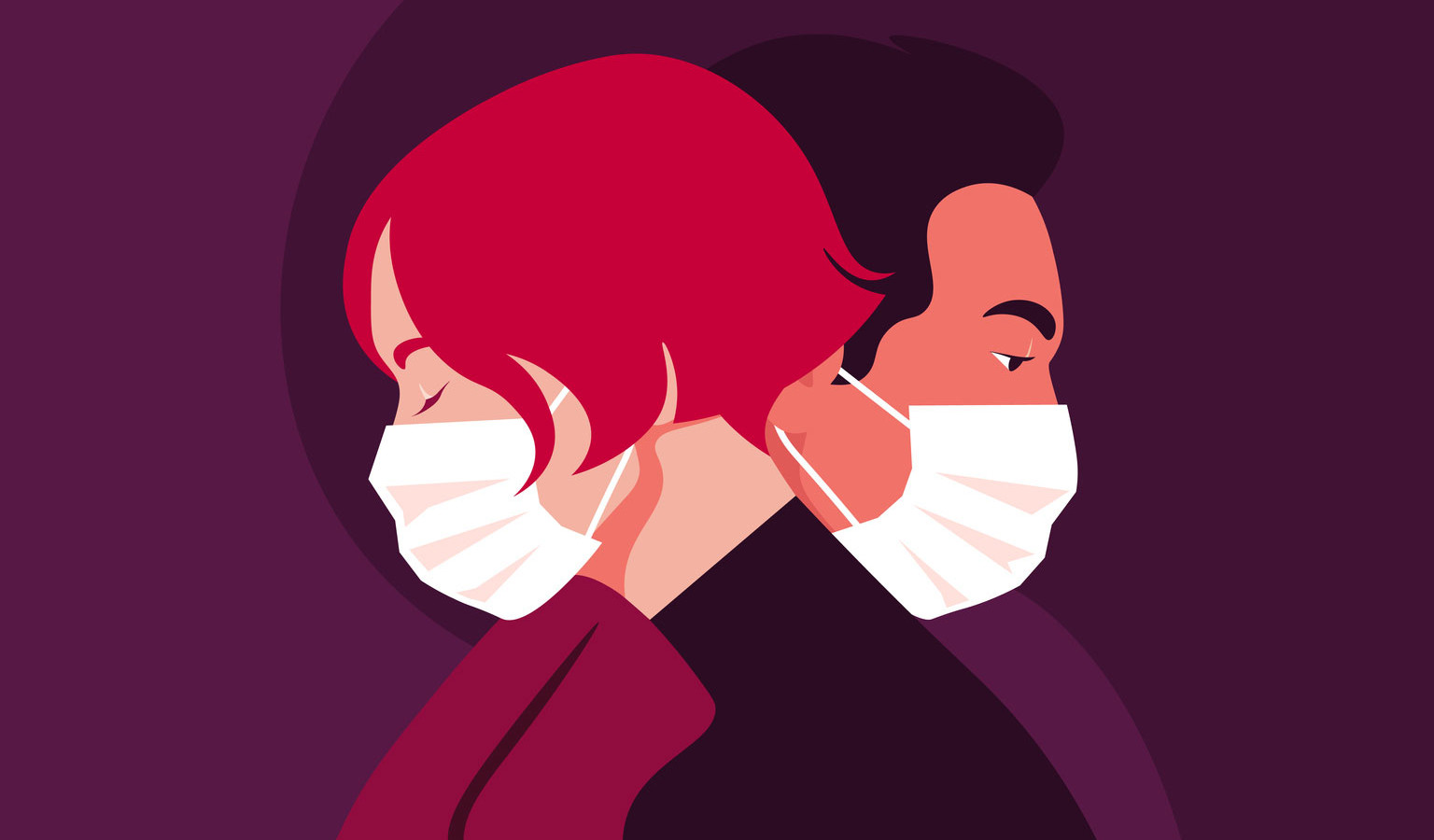In the last two years, a lot has already happened, with people witnessing a sharp rise in mental health conditions and the departure of loved ones. Job loss, social distancing, and other circumstances have been the added stressors. There has been an increase in suicides and psychological risks. Now, doctors feel that mental health is the next pandemic. Of course, viral infection has triggered fears in everyone; society has become more conscious of mental health. As the pandemic is entering the endemic phase, it is necessary to pause and evaluate the mental health lessons you learned through this situation and how to improve the same.
William D King talks about the standard set of stressors and solutions
Conflicting emotional needs
Families are going through escalated tension due to spending little or plenty of time with each other in the pandemic. You can consider a work-from-home scenario, for example. Trauma, violence, abuse, and others have also increased, causing immense pressure on mental health. Parents are unable to focus on children because of their busy schedules. Then, children are having a difficult time because of remote learning. They cannot go to school as they used to earlier. In essence, everyone’s need for emotional support is getting threatened.
However, parents and caregivers can play a vital role in this crisis, says William D King. They have to be emotionally sensitive toward kids to help them avoid mental health issues. If they are responsive to them, children can experience improvement in their psychosocial performance. Also, it is vital to make them emotionally safe within the family environment. For this, you have to listen to them, acknowledge their feelings, and support them.
Work-life balance
Work-from home culture can be good or bad depending on the circumstances. Some people experience burnout issues because of the blurring lines between the two. People are feeling exhausted more than ever as their family responsibilities have also increased. On top of this, communication challenges lead to workplace tension with colleagues. If you identify with this, you may admit to feeling low or demotivated. You may have experienced a decline in your creativity and contribution. Employers have to prioritize their employees’ wellness. After all, they cannot afford to let productivity and profitability get hit.
There is a need to establish an emotionally sensitive environment with appropriate mental health programs. For this, organizations have to reach out to the mental health services to help customize workplace support systems for peers, leadership training, awareness, etc. While some companies are already doing this, the scope of improvement is still vast, given the urgency.
COVID-19 has changed every aspect of one’s life. From companies to individuals, everyone has a challenge before them. When there is a realization that the main problem is the threatened mental peace, things can improve. Whether you work from home or attend office, you may still have those pandemic memories in mind. The existing burden, combined with the pressure of securing the future, can be too much for your mind to handle. But a caring and understanding system created at home or workplace can have a tremendous positive impact on your well-being.


